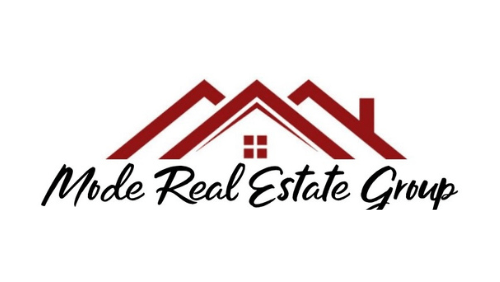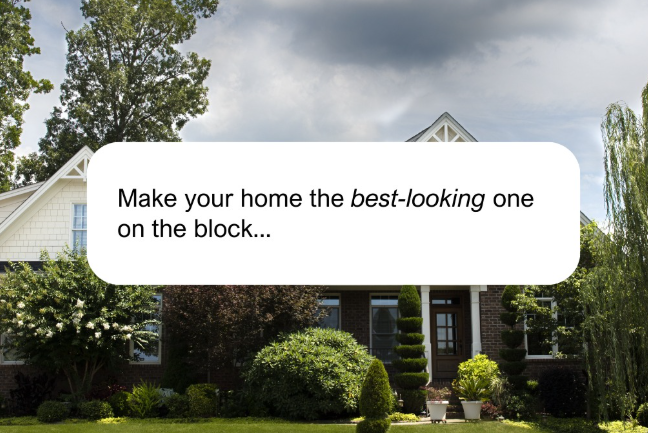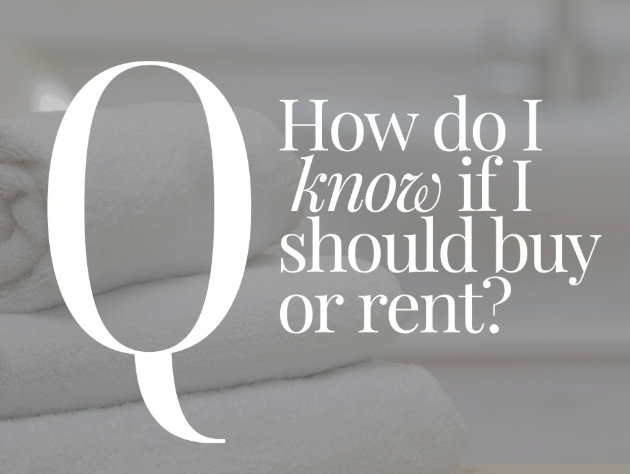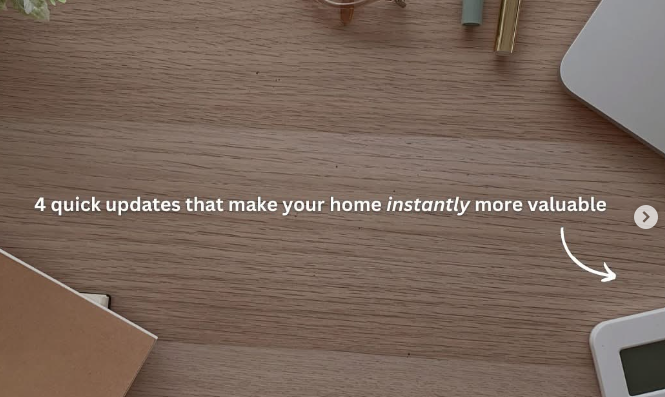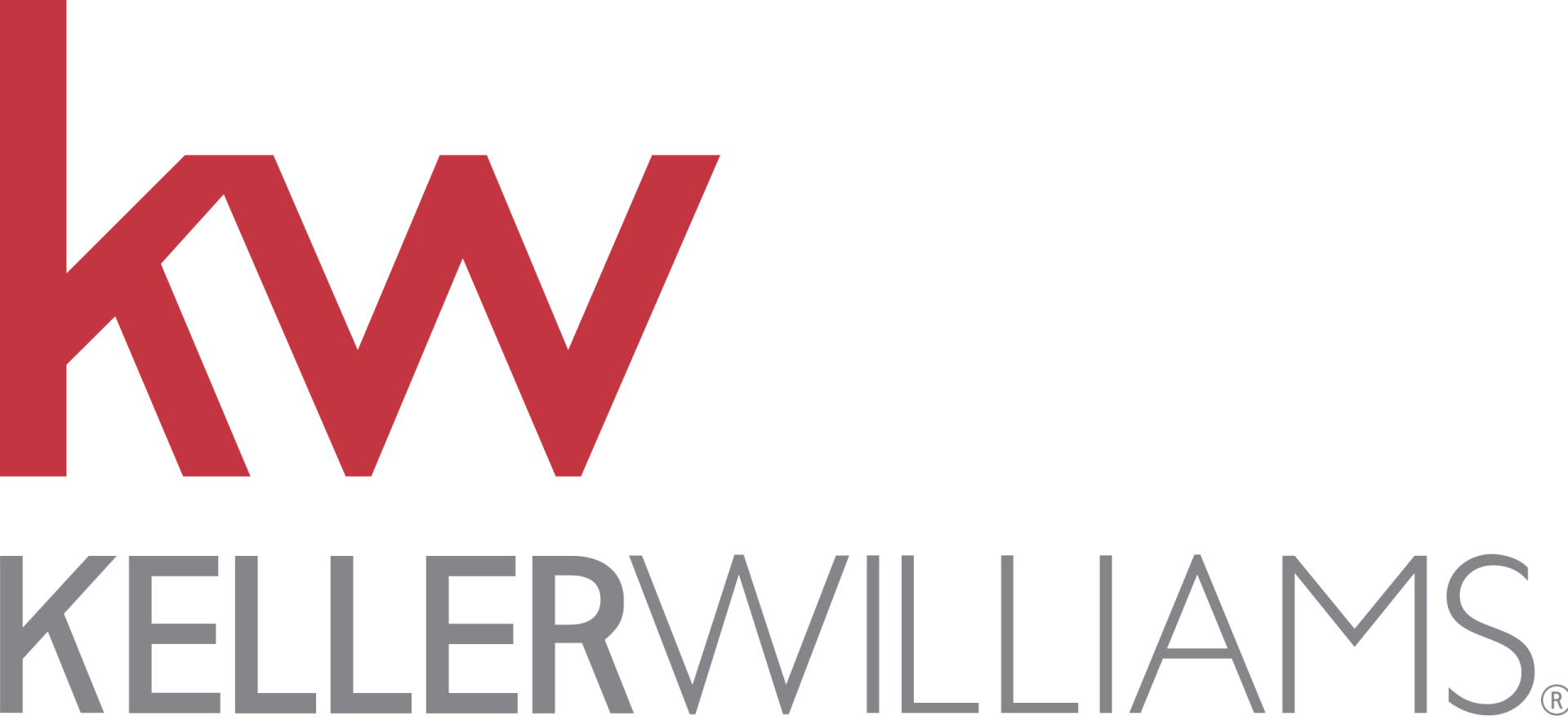7 Things That Affect What You Pay for
Homeowner’s Insurance

Homeowner’s insurance is a non-negotiable. Not only does it protect you in the
event the home is damaged, but it also includes liability insurance in the event
someone is injured at your home. When evaluating the policy, insurance
companies consider multiple items to determine their risk—and your cost. Here
are 7 things that affect the amount you pay for homeowner’s insurance—some
that might make sense and some that might surprise you.
1. Square Footage – First and foremost, the size of the home is considered.
The larger the home, the more it would cost to replace if damage occurred.
More space also means more furniture, fixtures, personal belongings, and
other items which would be replaced in a claim.
2. Layout – The style of the home is another factor in determining
replacement costs. A single-story home, for example, might have higher
foundation and grading costs, whereas a two-story home would need
alternative construction methods.
3. Construction Materials – The type of material used to build the structure is
important. Wood roofs would cost more to insure against a fire claim, as
would a home with expensive travertine floors. A simpler home of modest
building materials would cost less to insure.
4. Property Age – The assumption is that an older home might have more
deterioration than a newer home and this is considered in the replacement
cost.
5. Home Features – Homes with extra buildings or pools will be insured at a
higher cost than other properties without these amenities.
6. Neighborhood – Local crime rates are reviewed to determine the risk to
property and personal items.
7. Credit Score – Finally, the insurance company will consider the
homeowner’s credit score. Not only does this help them understand if they
are at risk for non-payment, but serious credit issues might be a factor in
how well a property is maintained.
Homeowner’s insurance is important to every homeowner. Not only is it required
by lenders, but it also protects the homeowner against financial disaster in the
event of theft, fire, severe weather, and more. Understanding how rates are
determined can help you compare options and get the best policy for your home.
